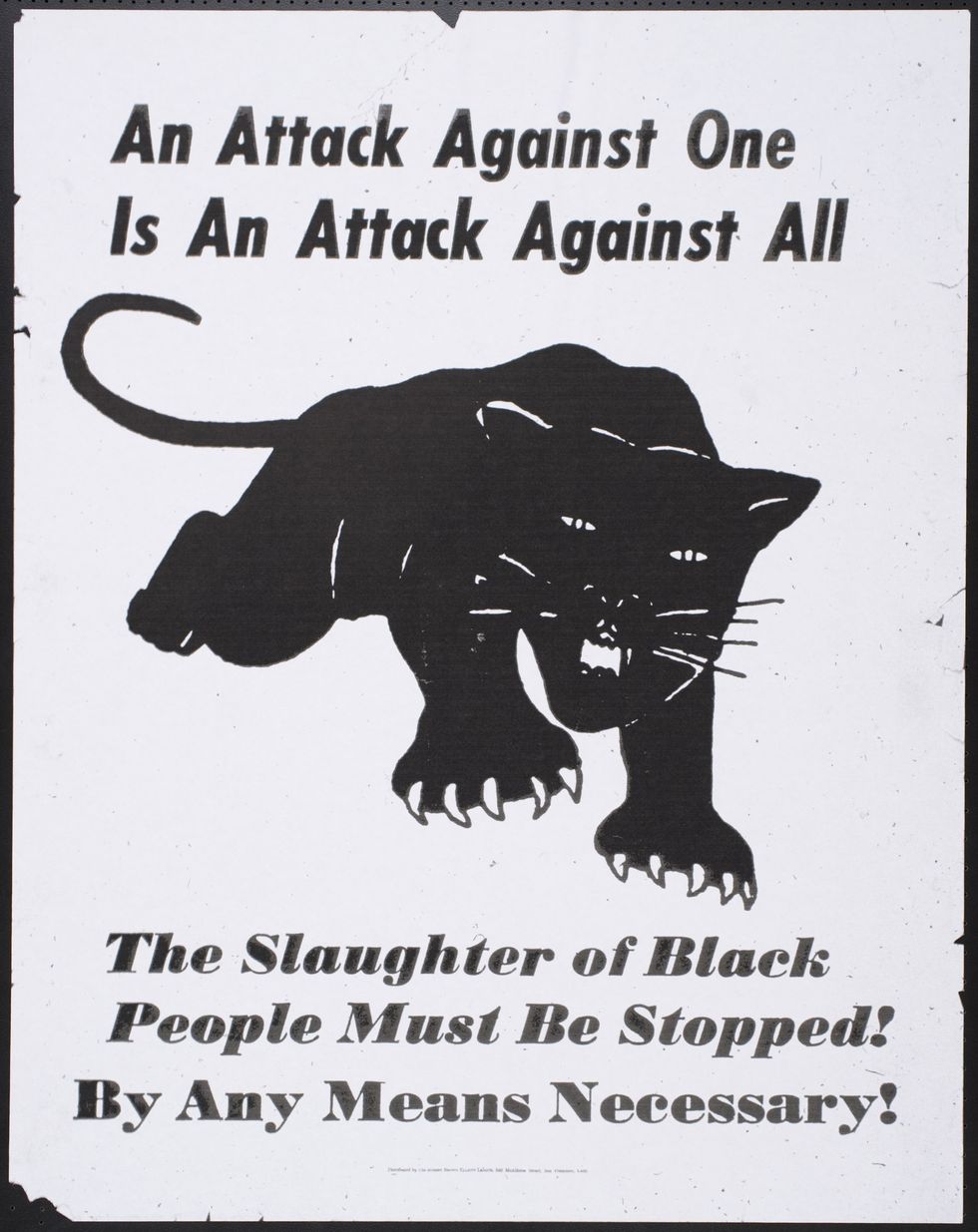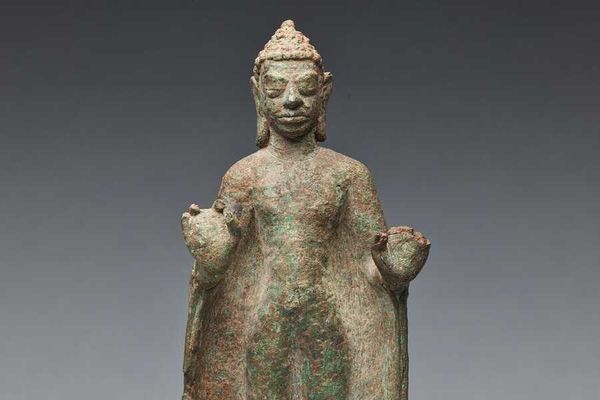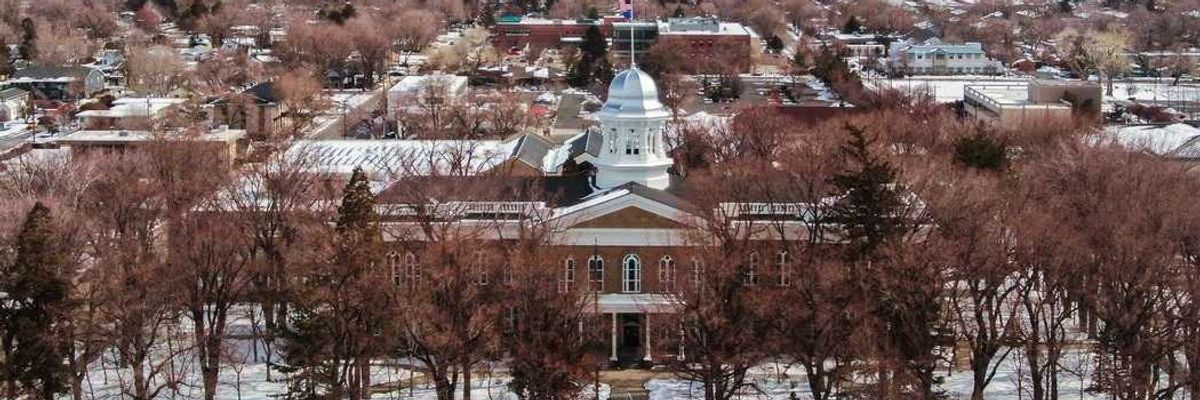Founded 50 years ago on a shady street in West Oakland, the Black Panthers reached legendary status throughout the nation by the time they dissolved in 1982. And while much of history has painted them as militant and violent radicals, their mark on our political landscape cannot be denied. Half a decade later, the Oakland Museum of California is considering how the Panthers impacted the East Bay in its new exhibit, All Power to the People: Black Panthers at 50. The lesson: The Panthers are as relevant today as ever.
Continuing OMCA's commitment to examining socially relevant topics—this year's exhibits alone have tackled marijuana and gentrification in the Bay Area—All Power to the People explores the story of the Black Panthers and their struggle to support the needs of the oppressed. Headed up by senior curator René de Guzman, the exhibition, which took more than three years to put together, delves into aspects of the party that are not often told or remembered: For instance, a brown lunch sack, stamped with the Black Panther logo, informs viewers that it was the Panthers who started breakfast and lunch programs at local schools; gorgeous photos of Panther women (by the 1970s, women made up two thirds of the Panthers) in natural hair and berets prove that #blackgirlmagic has existed for decades; and the infamous Ten Point Program, handwritten on yellow lined paper and preserved under glass like the Declaration of Independence, continues to inform and inspire contemporary movements of change today.
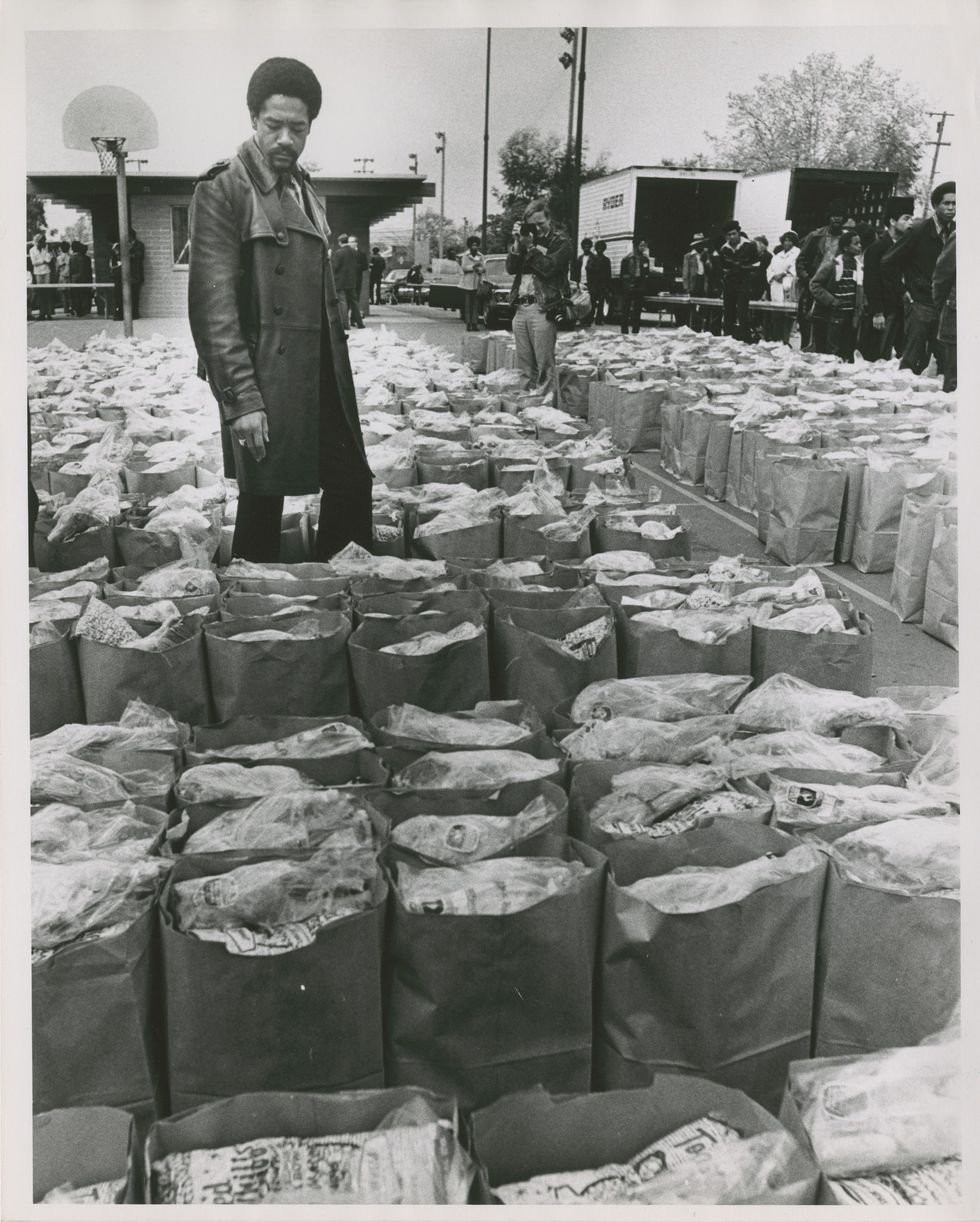
Designed to inspire reflection and dialog about the Panthers and their time, the exhibit sheds light on the societal contexts of the late 1960s that precipitated the founding of the Black Panthers—from the Vietnam war to the redlining of many impoverished Oakland neighborhoods, the Panthers fought passionately for equality in the face of it all. And with the current state of the nation, where unarmed black men are being killed by police officers and a presidential candidate admits to ridiculing and groping women, not even OMCA could have known how relevant this exhibit would be on the 50th anniversary of the party's founding.
"Controversial to some yet inspirational to many, we wanted to understand why the Black Panther Party continues to capture people's imagination today," says de Guzman. "This project has transformed how I understand the world and we hope to provide a similar sense of reflection and revelation to visitors. The Black Panthers are a deeply local story that's had lasting national and international influence."
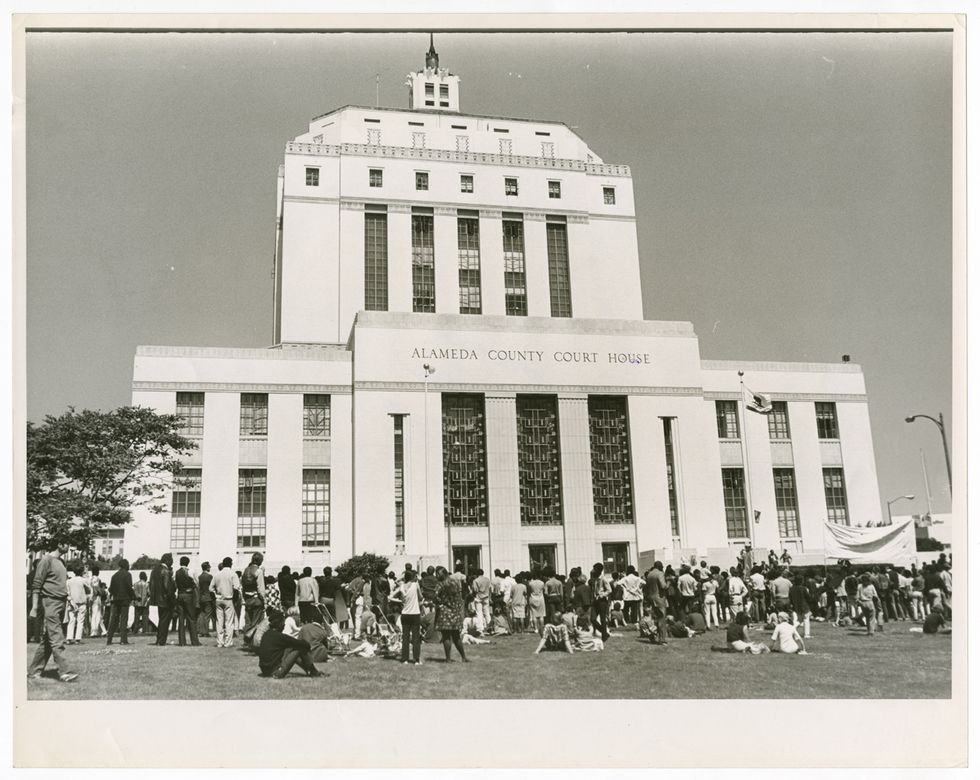
Indeed, it's hard to separate the history of the Panthers from the history of Oakland, where former party members are still a large part of the community as artists, teachers, and advocates. For the museum itself, the exhibit is somewhat of a homecoming. Opened in 1969, OMCA sits literally across the street from the Alameda Courthouse, where Panthers famously protested for the release of co-founder Huey Newton.
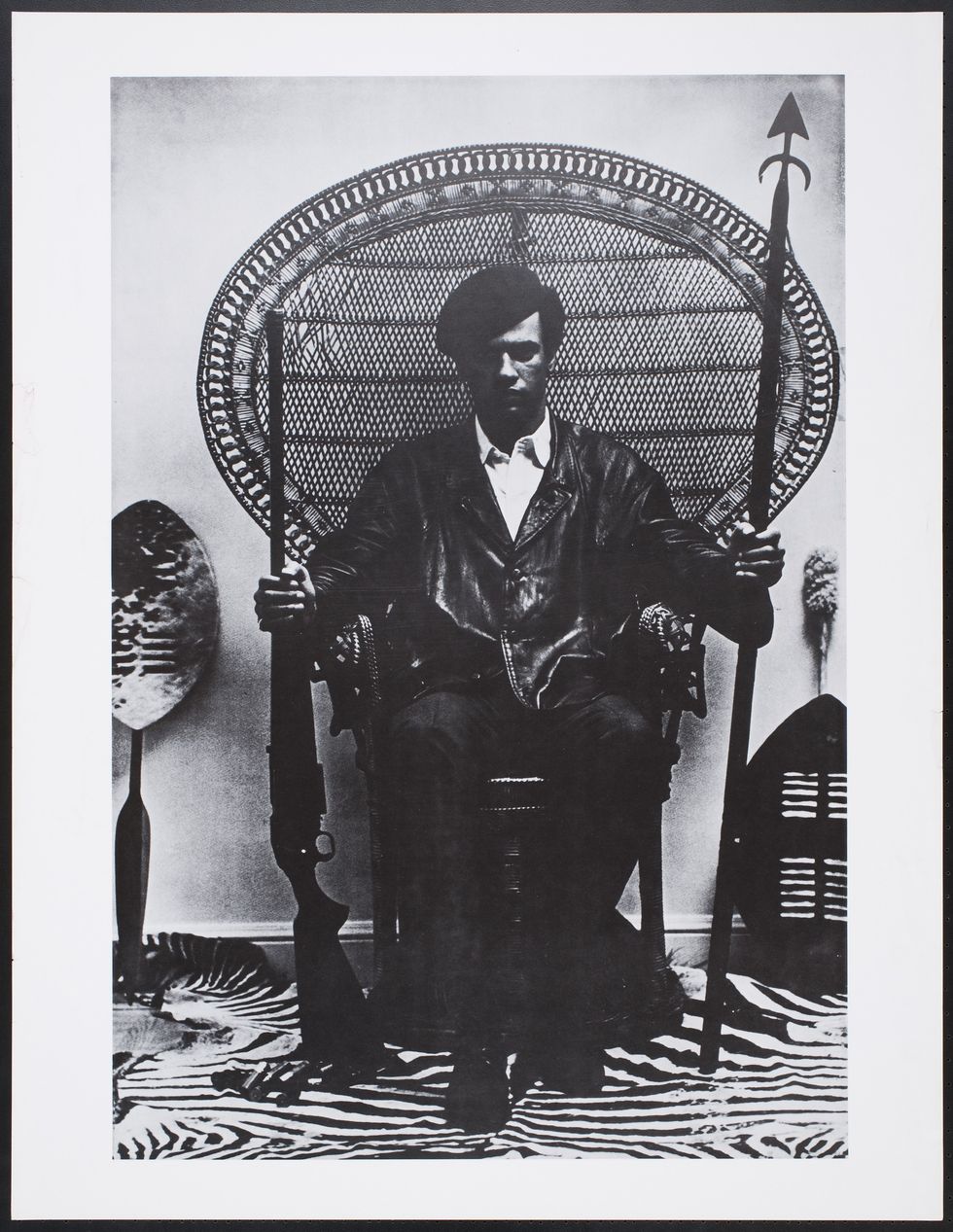
Informed by insights from former Black Panthers—more than 100 former members were interviewed as part of the exhibit—as well as local artists, scholars, and community members, the exhibition also features art installations, historical photographs, media presentations, rare artifacts, and contemporary works of art.
In one particularly striking part of the exhibit, Oakland native artist Sadie Barnette, whose father, Rodney Ellis Barnette, was a co-founder of the Panthers in Compton, reminds guests of the real danger Panthers faced from their own government. On December 12, 1969, the FBI raided the Black Panthers' L.A. headquarters, throwing party members in jail, and revealing the years-long tabs the police has kept on party members. Across from a photo of Panther women being thrown in jail, Barnette plastered the museum walls in papers that the FBI had collected on her father during his time in the party, a hefty 500 pages, and among them one signed by FBI director J. Edgar Hoover.
Just a couple steps further, portraits of former Black Panthers, taken by Bryan Shih as part of a new anthology The Black Panthers: Portraits from an Unfinished Revolution, are hung in neat rows, showing familiar faces and even some Panthers who still remain in prison for their activism. Across from that, a video plays of former Panthers, local activists, and even grade school children telling the camera what the Black Panthers mean to them. After all, this is the party that helped elect Lionel Wilson, Oakland's first black mayor, supported Oakland's elderly population with free transportation and services, and took it upon themselves to open up free health clinics across Oakland. Whatever the Black Panthers were to the nation, or to the government, there's no denying the good they brought to the Town.
// All Power to the People: Black Panthers at 50 runs Oct. 8—Feb. 12, 2017 at OMCA: 1000 Oak St. (Oakland), museumca.org
